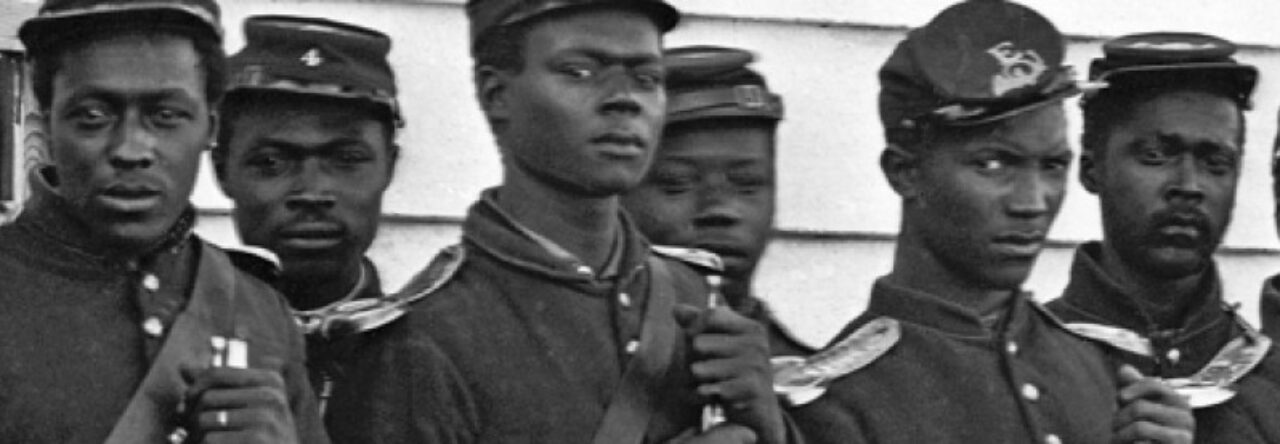It is possible that no war in American history has been as well preserved in the words of its participants as the Civil War. The soldiers and their families were products of a society where literacy was highly valued and where communication technology had not yet developed to the point where ordinary participants could easily dispense with paper. The result has been a war richly documented with letters, diaries, newspapers, speeches and all types of written artifacts. By contrast, today’s conflicts threaten to prove far less transparent to future historians because it’s so much easier for us to talk, Skype, tweet and communicate in so many ways other than in long, expressive written sentences. It will prove hard to answer the question of “why they fought?” by relying on sources that kept within a 140-character limit.
However, there is at least one digital format that offers some hope for the future historian. Blogging is a convenient but also a reflective media. To demonstrate this proposition, we are asking participants in the Civil War & Reconstruction online graduate course to blog about their learning experiences over the five-day session. There is no minimum or maximum requirement, nor any particular format required, but we are hoping that every participant will at least experiment with blogging on this WordPress platform to see if it offers value as a educational tool. Our hope is that everyone will benefit to a degree and that some of you might become devoted and regular educational bloggers.
There are a number of models to consider. First, please check out the Blog Divided from the House Divided Project at Dickinson. It is not a typical blog, but it is a resource created for teachers about the Civil War era. The New York Times has sponsored a beautifully written and important blog series on the war called, Disunion, that should be featured in every high school and undergraduate course on the Civil War. Civil Warriors is another excellent and well written blog series on the conflict with a focus on military history. Teachers might especially enjoy Civil War Memory from former high school instructor Kevin Levin because it deconstructs various efforts at remembering the conflict. Another blog that might prove particularly useful to teachers is Civil War Emancipation from Donald R. Shaffer, since he focuses on a topic that nearly everybody teaches at every level.

